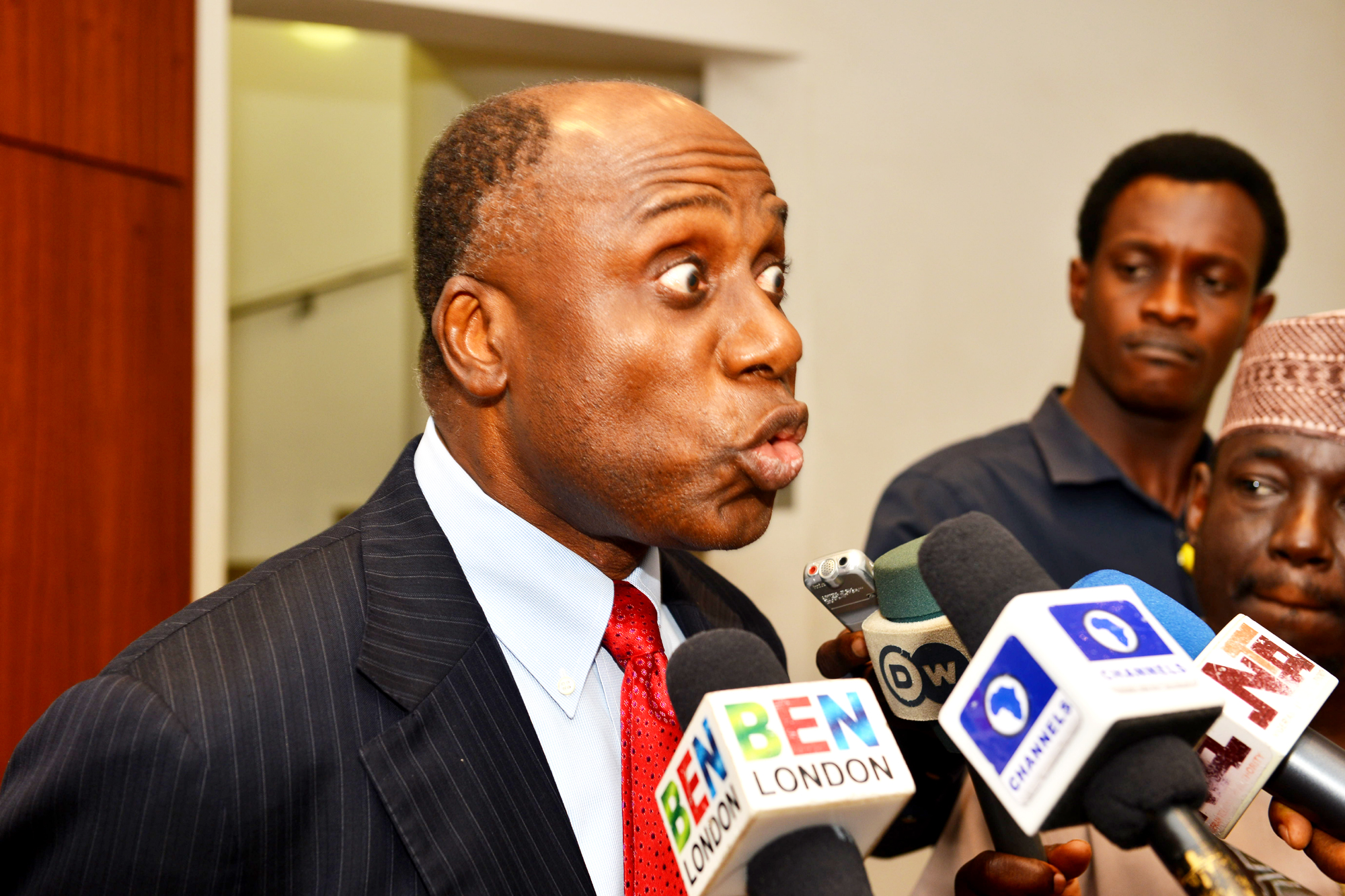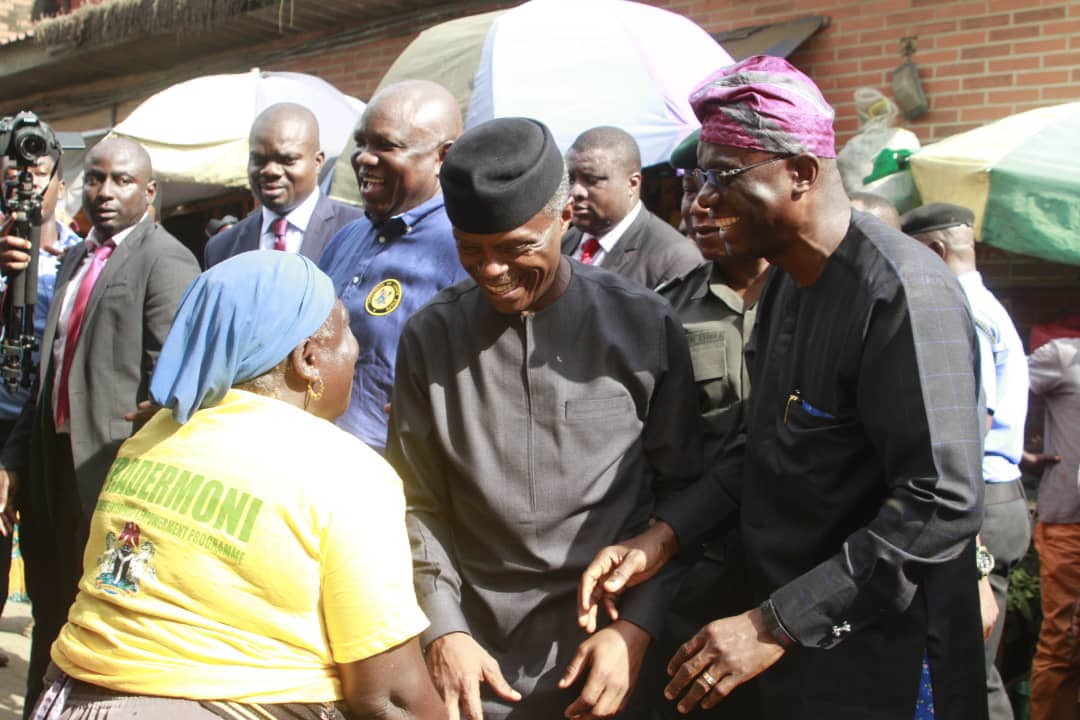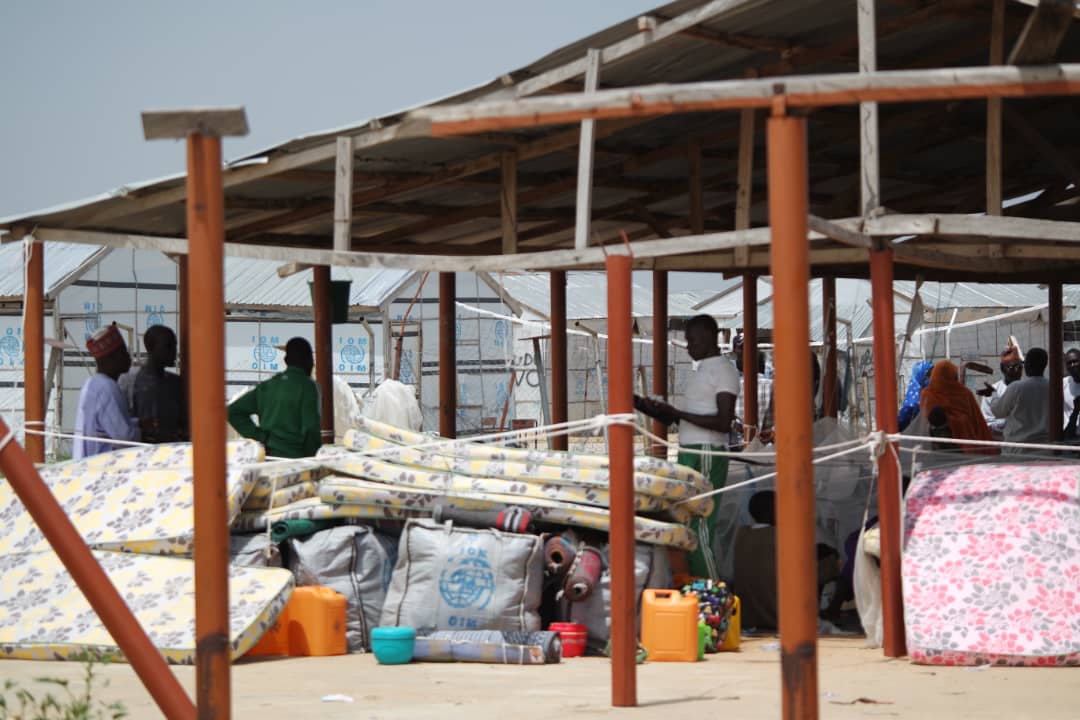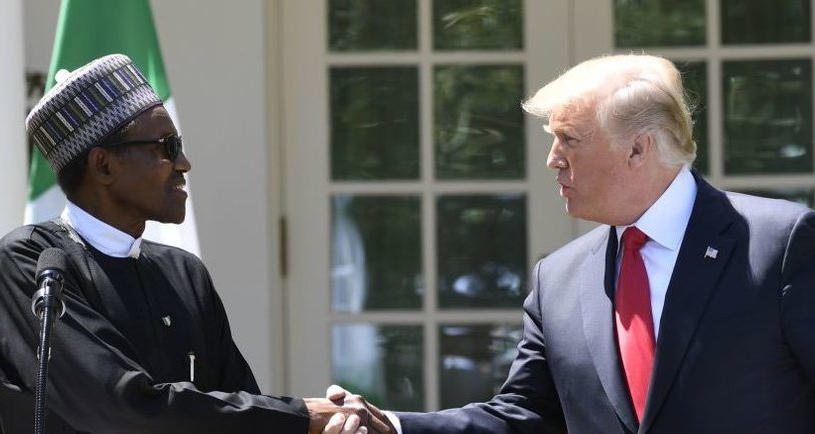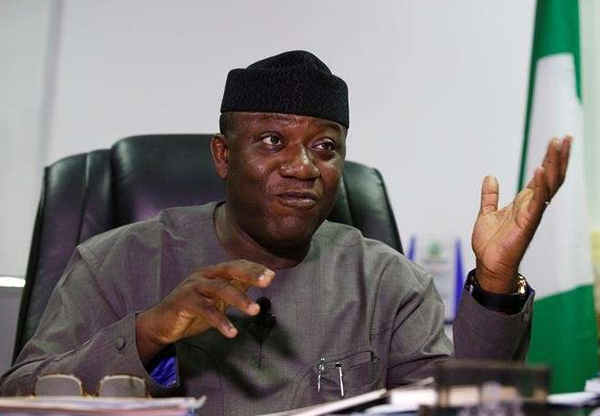Pic 3 Minister of Transportation, Mr Chibuike Amaechi briefing State House Correspondnts after a meeting with President Muhammadu Buhari at the Presidential Villa in Abuja on Tuesday (2/1/18)
0015/2/1/2018/Callistus Ewelike/NAN
BY EMMA AGU
When people discuss anger, the first thing that comes to mind is to disparage it as a very negative emotion. Those who think that way do not see anything positive about anger.
For sure, uncontrolled anger is the source of many a mistake, ranging from mild indiscretions to irredeemable tragedies. Most times, anger is impulsive, flying out in unintended rage which could destroy long-built friendships between individuals or corporate relationships among business partners and countries. Whichever it is, it is because the consequences can be very far-reaching that people are usually admonished to eschew anger.
The above is one side of the equation. Time and again, circumstances force even the soberest mind to erupt in anger, to remove the veil and allow another party to witness the redness of one’s eyes, the bitterness in the person’s tongue or the grimace that wells up from the stomach. I believe that that was what transpired recently when Minister of Transportation, the Rt. Hon. Rotimi Amaechi, undertook his usual monthly inspection of the Lagos-Ibadan rail project.
Advertisement
According to reports, Rotimi Amaechi had expressed outright displeasure with the pace of work at the Lagos end of the project. His anger was stirred by the imminent failure of the subcontractor charged with relocating pipes at the Lagos end, to deliver the job on the scheduled date of November 2, 2018. The minister would not accept the subcontractor’s excuse of discovering other utilities underground. His words rang out lucidly. Typical of Amaechi, there was neither padding nor diplomatic nicety about it: “The excuses are not obtainable. I have told them to speed up the work,” he said with all the emphasis he could command.
Amaechi’s anger was justified. It possibly stemmed from his experience over the years. As speaker of the Rivers State House of Assembly for eight years and governor of the state for the same number of years, at various times between 1999 and 2007, Amaechi should know why projects suffer not just incurable delays but, often times, painful abandonment. The list is mind-boggling. The projects span every level of government: local, state and federal. Some of these projects have been on-going for God-knows how long. A typical example is the Enugu-Port Harcourt
Expressway. Since the major reconstruction work was awarded to a foreign multinational firm in the mid-nineties, several construction firms have taken turns to work on the road. What is the result? The road remains a nightmare to commuters who are exposed to accidents and insecurity facilitated by the several bad spots that give bandits the opportunity to rob, kidnap and even kill travellers. Yet nobody is held accountable for the humongous funds that are usually allocated to the road. By the way, should a road project go on endlessly? Are there no timelines that should be observed in project delivery?
Amaechi’s holy anger may well change the narrative. We have already witnessed that with respect to the Abuja-Kaduna rail line. It was inherited from the Jonathan Administration and completed by the Buhari Administration. How I wish that successive administrations completed all the projects they inherited from their predecessors. Ajaokuta Steel Project would have been completed instead of acting as a conduit for siphoning funds. The various power projects would have been completed instead of endless promises that confine the people to darkness with no indication of a flicker of light in the giant climate of despair that has been their lot.
Advertisement
What cannot be denied is that most times, apart from poor funding and lack of capacity, many projects fail because contractors are poorly supervised or not supervised at all. Besides, there is also the possibility that where corruption has been built into the contract, government functionaries would lack the moral fiber to raise a finger against a non-performing contractor. By Amaechi’s public display of courage, nobody needs to be told that this is not business as usual. To buttress this point, not long ago he had admonished the people to show greater interest in projects that concern them, to take ownership of these projects.
The clarification needs to be made that ownership should not translate to harassing contractors (_OMONILE_-style) as is the practice in some places; it does not mean stealing strategic inputs as happens in some communities. On the contrary, it means jealously guarding the assets of the contractors, shielding their staff from kidnappers and interrogating the contractors, government functionaries and their legislators when jobs get stalled.
Relating to the Lagos-Ibadan rail project, Amaechi’s insistence on certain deliverables gives hope that, under the Buhari Administration, the governance environment of contract administration would have been so overhauled as to make accountability a way of life. For instance, at his insistence, it is understood that the China Civil Engineering and Construction Company, CCECC, the main company handling the project, is meeting the local content requirement for engineers. Amaechi was very clear on that given that, for him, technology transfer should not just be a jargon but an existential imperative for the country.
His words were very clear on that. “I have instructed the contractor and the project consultant to have local engineers on site…The construction of beams which is ongoing is a strategic part of the project which should be understudied by Nigerian engineers to be able to carry out the project in future”. Amaechi is right. However, on this, nothing must be given to chance. For it to succeed, rigorous benchmarking is acutely imperative in two areas: recruiting the right people and drawing up a mentoring template that actually exposes the engineers to the nitty-gritty of the business in a manner is acceptable to the government.
Advertisement
Thankfully, though the CCECC is the major contractor, the default identified in the execution of the project is not their fault. In reality, according to insiders associated with the project, reaching agreement with the Lagos State Government, the Nigerian National Petroleum Corporation (NNPC) and other project affected entities was so herculean that the minister was forced to make several trips to Lagos with the aim of getting the project underway. Such hands-on approach by the minister of transportation is the way to go if we really want to get value for our money.
There should not be any doubt that the CCECC, from China, will deliver. Even in his anger, the minister admits that “there is a huge improvement in the level of work carried out on Abeokuta axis where some bridges had been constructed including the one on Ogun”.
So why is he angry? Here are my guesses: He is angry because he realizes that to be a minister is a serious responsibility. He is angry because the President cannot discharge the mandate given to him by the electorate if he does not deliver on key infrastructure projects. He is angry because the country cannot return to the “Egypt” of failed and abandoned projects. He is angry because for far too long, the promise of a great nation has been scuttled by executive inertia, indifference and rampant selfishness. He is angry because, without infrastructure, economic development will remain a mirage and the quality of life of the people greatly diminished. And if he must offend a contractor to achieve the objective, so be it.
It is better to blurt out to contractors than to face the anger of voters. It is better to speak out transparently than to face the wrath of the President. It is better to be brusque and serve the people well than to face the judgement of God. His anger can find justification in the words of Dr. Karen Habib, a licensed psychologist and organizational consultant, who said: “Anger is an energizing motion…it calls people to action. When channelled correctly, it is a fuel needed for change. It fuels assertiveness, problem-solving and activism. It can be the energy and motivation required to change what is not working”. Need I say more?
Advertisement
Agu is an Abuja-based journalist and public commentator
Advertisement
Views expressed by contributors are strictly personal and not of TheCable.
Add a comment
